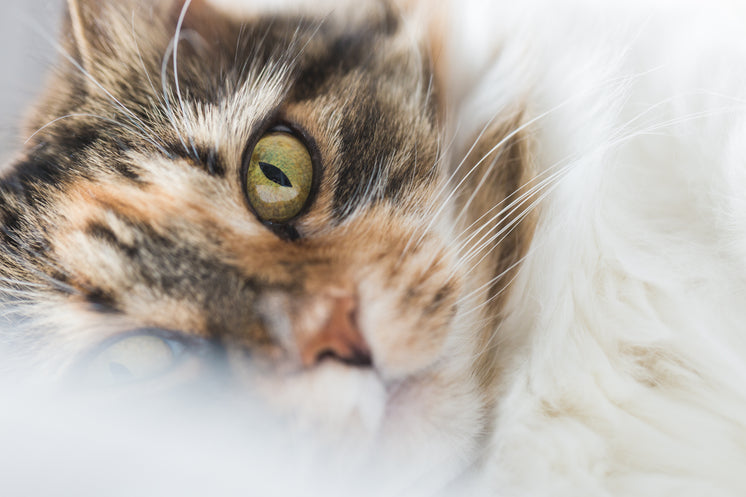Cat Litter Boxes and Your Health: Comprehending the Dangers
Cat Litter Boxes and Your Health: Comprehending the Dangers
Blog Article

Cat owners are no strangers to the day-to-day task of scooping out their furry pal's litter box. It's a routine job that's typically neglected, yet vital for preserving a tidy and healthy environment for both cats and their human buddies. However, what numerous family pet owners might not realize is that there are concealed health threats associated with the litter box that can present threats to both humans and cats alike. From respiratory problems to parasitic infections, the litter box can harbor a range of hazards that require cautious attention and management.
Among the most typical health threats associated with the litter box is respiratory problems. Cat litter, particularly clay-based ranges, can consist of fine dust particles that become airborne when interrupted during scooping or when cats dig in the litter. These dust particles can be inhaled by both cats and people, resulting in breathing inflammation and worsening conditions such as asthma or allergic reactions. In some cases, prolonged exposure to litter dust can even cause more severe respiratory problems in both cats and their owners.
To reduce respiratory dangers, it's vital to pick low-dust or dust-free litter alternatives and to scoop the litter box in a well-ventilated location. Using a dust mask while cleaning up the litter box can likewise assist lower direct exposure to air-borne particles, especially for people with breathing level of sensitivities.
Another considerable health danger connected with the litter box is the potential for parasitic infections, particularly from Toxoplasma gondii, a common parasite found in cat feces. While most healthy people might not experience signs if contaminated, pregnant ladies and individuals with weakened immune systems are at higher threat of establishing extreme issues, including Wood Cat Litter abnormality and neurological disorders.
To minimize the threat of parasitic infections, pregnant females must avoid cleaning the litter box altogether and entrust this job to another home member. Furthermore, all individuals should practice excellent health practices, including washing hands completely after dealing with the litter box or coming into contact with feline feces, to minimize the danger of transmission.
Many business feline litters include chemicals and additives that can posture health threats to both cats and humans. For instance, some aromatic litters may consist of fragrances or vital oils that can irritate delicate breathing systems or trigger allergic reactions. In addition, clumping litters frequently contain salt bentonite, a clay material that can broaden when consumed, leading to intestinal blockages if taken in by cats.
To minimize chemical direct exposure, choose for odorless or naturally-scented litters made from naturally degradable materials such as paper, wood, or plant-based options. These environmentally friendly options are not just safer for your feline's health but likewise better for the environment.
The litter box environment supplies an ideal breeding place for bacteria, consisting of potentially damaging pathogens such as E. coli and Salmonella. These bacteria cat litter box can infect the litter box and surrounding areas, increasing the threat of infection for both cats and human beings. Cats can contract bacterial infections through direct contact with infected litter or by consuming fecal matter throughout grooming, while people can end up being infected through contact with contaminated surface areas or improperly cleaned hands.
To reduce the danger of bacterial contamination, it's essential cat litter box furniture to clean up the litter box frequently using warm water and mild cleaning agent, along with to sanitize the surrounding location to avoid the spread of germs. Furthermore, practicing excellent hand hygiene, including washing hands completely after managing the litter box or coming into contact with feline feces, can help lessen the threat of bacterial transmission.
While the litter box may look like a mundane aspect of cat ownership, it's necessary to recognize the potential health dangers related to this seemingly innocuous fixture. From breathing issues to parasitic infections and bacterial contamination, the litter box can harbor a variety of dangers that need careful attention and management. By taking proactive measures to decrease exposure to these risks, cat owners can produce a more secure and much healthier environment for both their feline buddies and themselves.